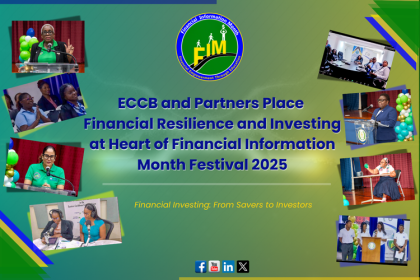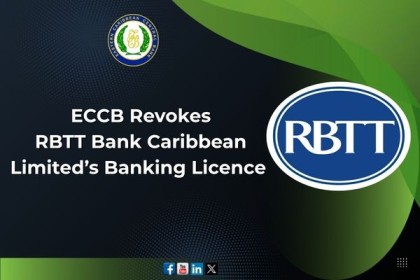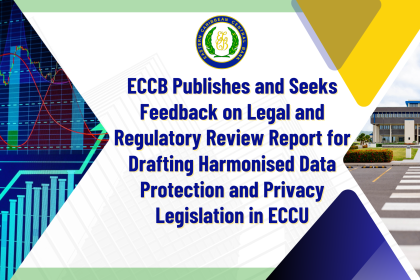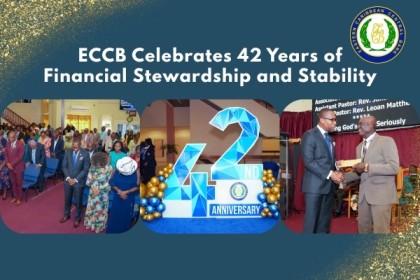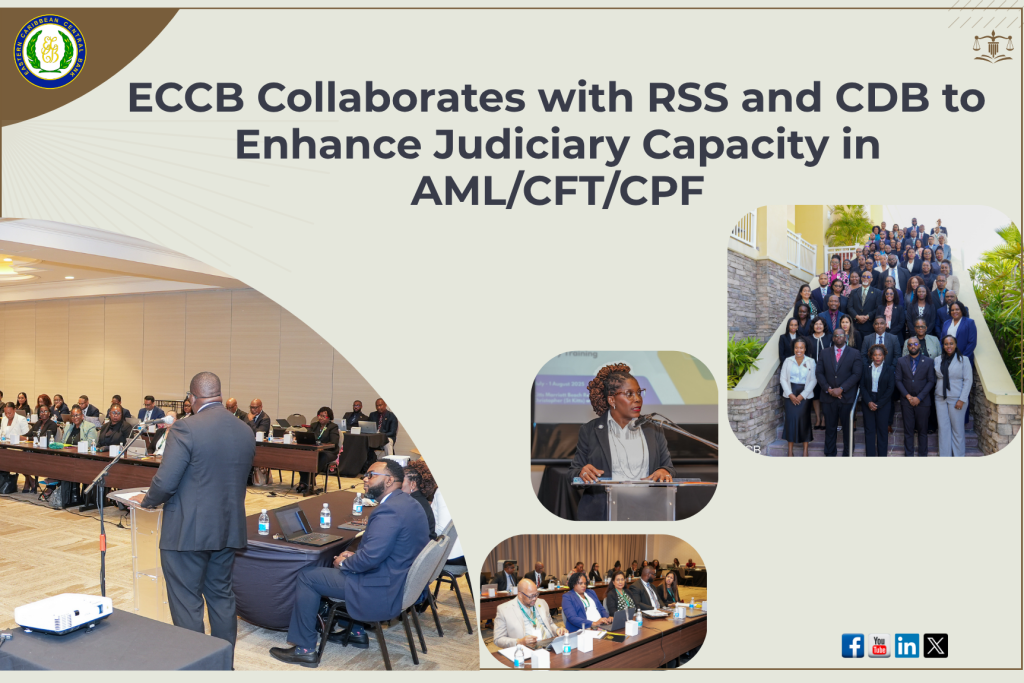
ECCB Collaborates with RSS and CDB to Enhance Judiciary Capacity in AML/CFT/CPF
29 July 2025, Basseterre, Saint Christopher (St Kitts) and Nevis – The Eastern Caribbean Central Bank (ECCB) in partnership with the Regional Security System (RSS) is hosting a five-day workshop to build capacity among the region’s judiciary in AML/CFT/CPF: anti-money laundering, counter-terrorist financing and counter-proliferation financing.
The training is funded by the Caribbean Development Bank (CDB), and runs from 28 July to 1 August at the St Kitts Marriott Resort.
Chief Director (Policy), D Tracy Polius, PhD said the workshop—which aims to strengthen the integrity of the financial and legal systems within the ECCU—comes against the backdrop of the results of the Financial Action Task Force’s (FATF’s) fourth round of mutual evaluations.
“While most of our member countries were assessed as having compliant or largely compliant legislative frameworks, none of our member countries were found to have effective processes to ensure that money laundering and terrorist financing offences are investigated and prosecuted with the implementation of effective, proportionate and dissuasive sanctions. This less than stellar performance has clearly been reflected by the results on the Immediate Outcomes 7, 8, and 9,” the Chief Director (Policy) said at the Opening Ceremony.
The FATF’s Immediate Outcomes 7, 8, and 9 relate to Money Laundering Investigations and Prosecutions; Confiscation; and Terrorist Financing Investigations and Prosecutions, respectively.
Workshop participants include judges, magistrates, senior crown counsels, crown counsels, prosecutors and financial investigators from OECS member countries. They will receive practical exposure to investigative and prosecutorial processes aimed at improving their understanding of the legal and operational elements of AML/CFT/CPF. The four areas of focus are (i) the current AML/CFT/CPF legal framework within the region; (ii) financial investigations and asset recovery processes; (iii) understanding the current and emerging money laundering, terrorist and proliferation financing trends; and (iv) international obligations under the FATF Standards.
Director of the Asset Recovery Unit of the RSS, Kisha T. Sutherland, said in her remarks that, “Failure to do our part as responsible actors in the international system would be detrimental to our development prospectus—a hypothesis that only becomes too real when some of our neighbouring states face the economic and financial consequences of grey and blacklisting. Equally, the consequences of lackadaisical participation in the global thrust to address illicit financing may also be realised in the emergence of unjust and lawless communities, fuelled by lucrativeness of organised crime.”
The Director of the Regional Security System’s Asset Recovery Unit further stated that, in an effort to maintain financial credibility and counter transnational organised crime, the RSS has carefully curated its AML/CFT/CPF programme to support its member states in effectively complying with rudimentary AML/CFT standards. She added that the workshop organised by the ECCB features a component of the RSS’s AML/CFT/CPF programme, and representatives of the RSS delegation will share insights with participants on, among other things, the international obligations of ECCU countries and the emerging risks to financial systems in the Caribbean.
“Cryptocurrency coupled with artificial intelligence has become the new frontier with money laundering; its anonymity and global reach poses fresh challenges for regulators and courts alike,” Director of Public Prosecutions (DPP) for Saint Christopher (St Kitts) and Nevis, Adlai Smith, said in his remarks before officially declaring the workshop open.
The DPP added that the courts must be ready and equipped to admit digital forensic evidence, interpret virtual assets, and impose appropriate penalties in high-tech money laundering cases. “This requires training, updated procedures, and a mindset to bridge the gap between the law in the books and the law in action,” Smith said, while adding that, “Money launderers gravitate towards jurisdictions where regulation is weakest; in other words, where the rule of law is present in name but conspicuously absent in action.”
Addressing the workshop participants, the DPP said the judiciary is the ultimate body responsible for the enforcement of AML laws. “Your discerning eyes are needed now more than ever—to sift the subtle from the suspicious; to challenge chains of ownership; to interrogate and analyse suspicious patterns; and to seize, with certainty, property which is clearly tainted, and when the case has been proven—to impose sentences that do not simply punish but deter and are purposeful.”
-30-
About the Eastern Caribbean Central Bank
The Eastern Caribbean Central Bank (ECCB) was established in October 1983. The ECCB is the Monetary Authority for: Anguilla, Antigua and Barbuda, Commonwealth of Dominica, Grenada, Montserrat, Saint Christopher (St Kitts) and Nevis, Saint Lucia and Saint Vincent and the Grenadines.
Media Contact: Shermalon Kirby, Director, Corporate Relations Department
Phone: (869) 465-2537 | Mobile: (869) 662-2561
E-mail: info@eccb-centralbank.org
Project Lead: Kieran St. Omer: kieran.stomer@eccb-centralbank.org
We invite you to connect with us and learn more about our projects and services
Visit our Website: https://www.eccb-centralbank.org/
Follow us on Facebook: https://www.facebook.com/ECCBConnects
Subscribe to our YouTube channel: https://www.youtube.com/@eccbconnects2295
Connect with us on LinkedIn: https://www.linkedin.com/company/eccbconnects/


